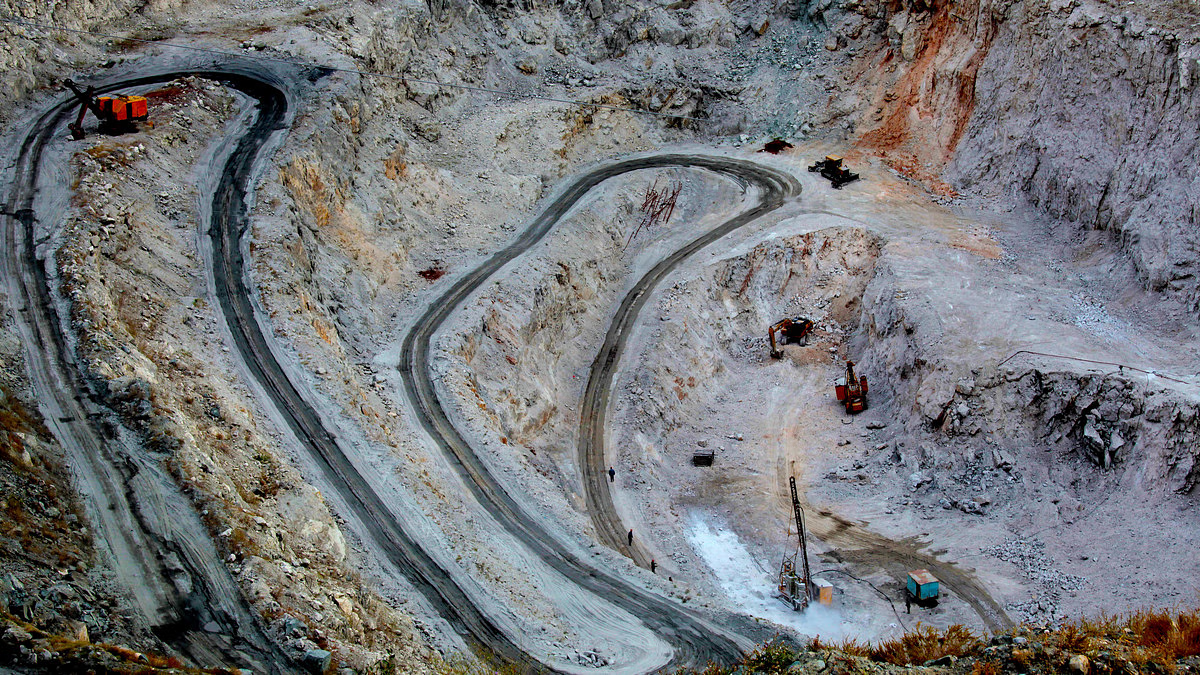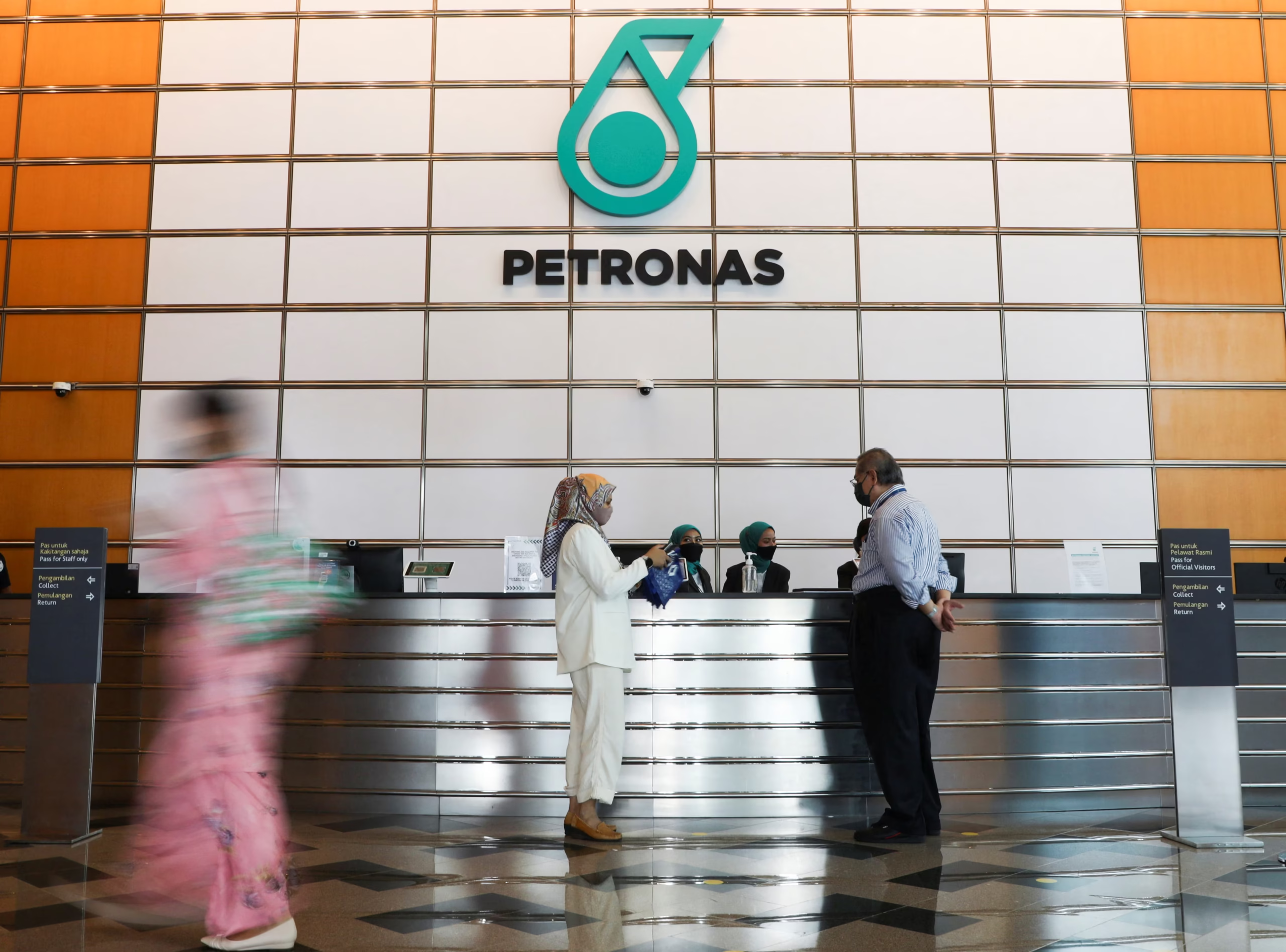European Steel Industry Adjusts to BYD’s New Factory Footprint

The steel industry in Europe is closely tracking developments surrounding BYD’s new electric vehicle (EV) manufacturing plant in Hungary. As one of China’s largest EV producers, BYD’s move into Europe signifies a shift in global manufacturing dynamics—bringing fresh opportunities and challenges to regional material suppliers, particularly in the steel sector.
Localized Production, Localized Demand
The plant, located in Szeged, is expected to begin production in late 2025 and scale up to an estimated annual capacity of 300,000 vehicles by 2030. As part of its strategy, BYD has committed to sourcing key raw materials—including sheet steel—from within Europe. This shift toward local procurement supports regional supply chains and represents a major win for nearby steel manufacturers.
Competitive Realignment in the Steel Market
The commitment to European steel suppliers is reshaping the competitive landscape in several ways:
- Increased Demand for High-Grade Automotive Steel: Suppliers capable of meeting the stringent quality and consistency standards required for EV production are poised to benefit.
- Pressure on Margins for Smaller Mills: With large-scale orders potentially locked in by major producers, smaller or less technologically advanced mills may face reduced demand and pricing pressure.
- Opportunity for Long-Term Contracts: Suppliers that secure agreements with manufacturers like BYD gain predictable volume and stability in an otherwise volatile market.
Strategic Industry Implications
This development signals a broader trend toward supply chain localization across the EV sector:
- Resilience Through Regionalization: The shift reduces reliance on transcontinental supply routes, aligning with broader European industrial policy goals.
- Acceleration of EU Green and Industrial Strategies: Localized EV manufacturing supports emissions goals while boosting regional employment and technical capacity.
- Blueprint for Future Investments: The BYD factory may serve as a model for how global firms integrate into the European industrial landscape.
Outlook
For Europe’s steel industry, BYD’s investment represents more than just a new customer—it’s a signal of transformation. As EV adoption grows and supply chains reconfigure, steelmakers must be agile, innovative, and aligned with evolving technological and environmental standards.
This move by BYD confirms that strategic positioning within the regional value chain is no longer optional—it’s essential for long-term competitiveness.

















